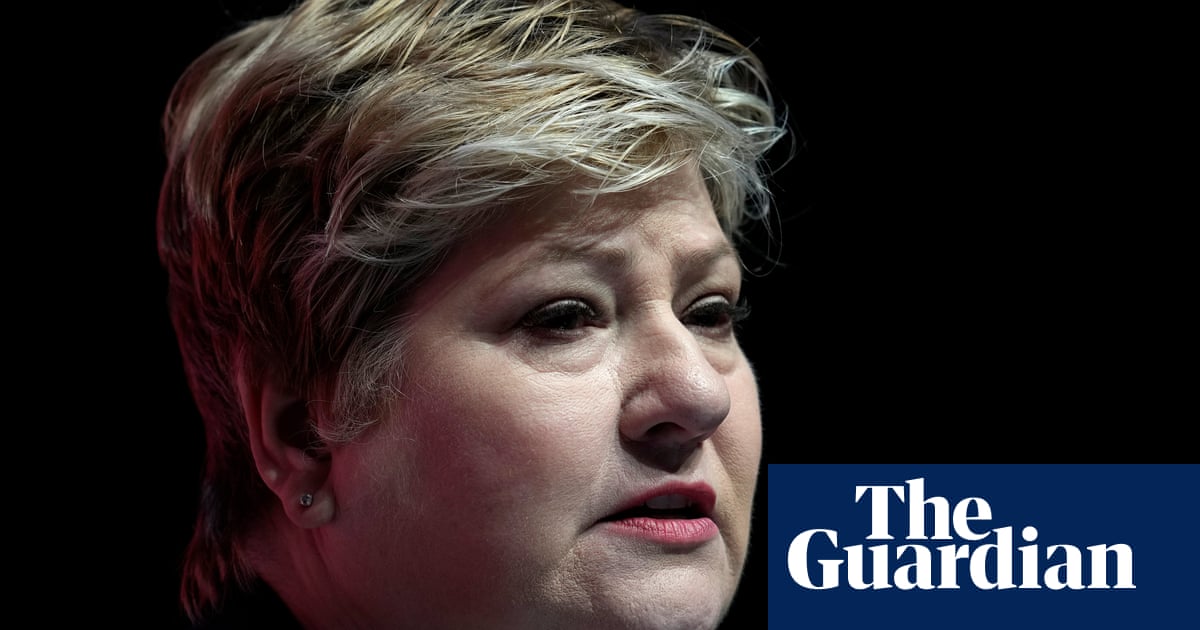T4K3.news
Global leaders push for two-state solution at UN conference
Ministers gather to advocate for Palestinian statehood despite US and Israel's boycott.
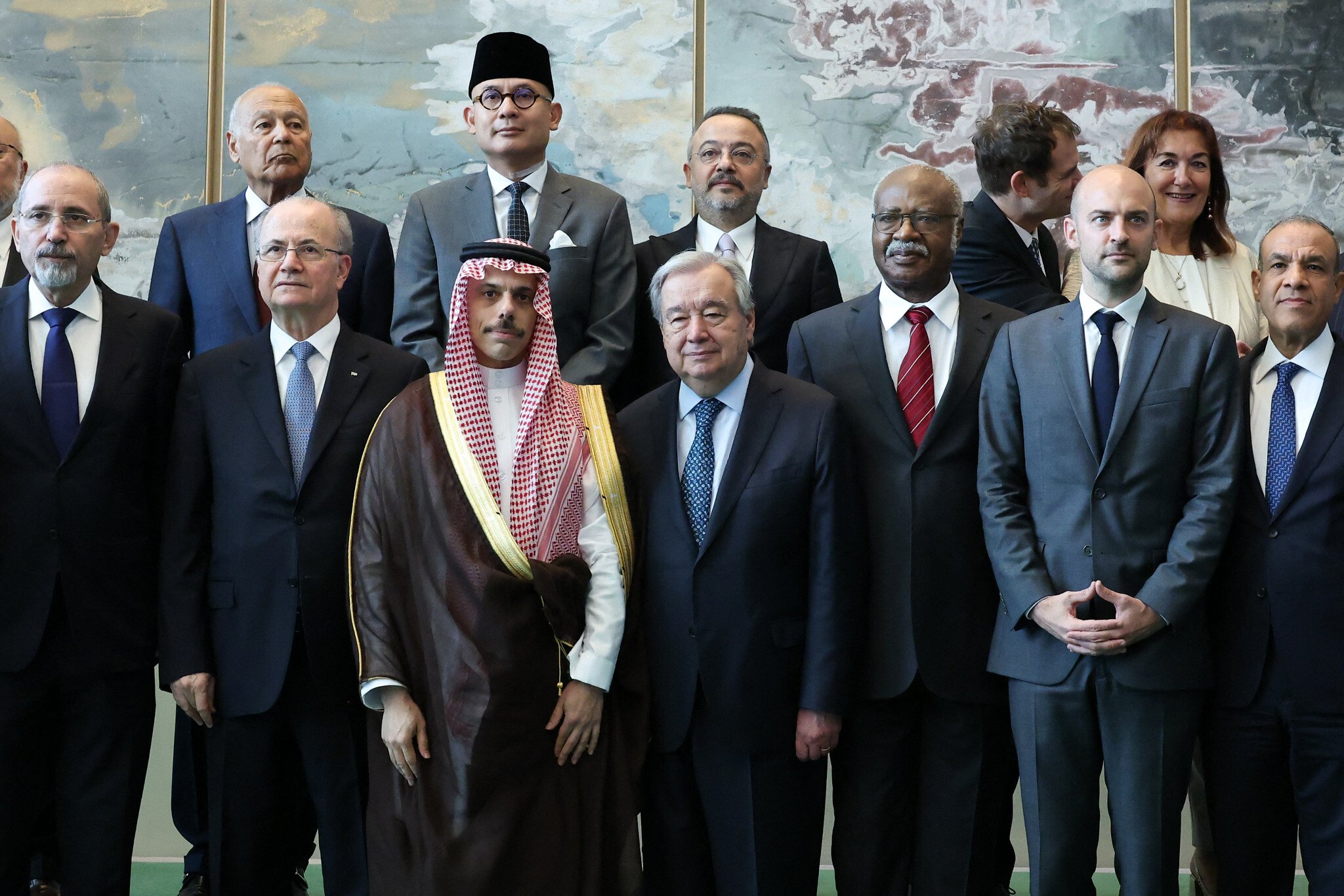
Global leaders gather to promote a two-state solution for Israel and Palestine despite boycotts.
UN conference advances two-state solution amid US and Israel boycott
At the United Nations conference on Monday, numerous international ministers pushed for a renewed commitment to a two-state solution between Israel and Palestine, even as the event faced a boycott from both Israel and the United States. The conference, hosted by France and Saudi Arabia, was initially planned for 2025 but was postponed earlier this year due to the Israel-Iran conflict. UN Secretary-General Antonio Guterres emphasized the need for action beyond just rhetoric in order to effect change in the status quo. French President Emmanuel Macron's announcement of France's intention to recognize Palestinian statehood sparked opposition from Israel and the US but brought support from Luxembourg and other countries. There was a general consensus among attendees about the urgency of establishing a political framework for peace amidst ongoing violence and expansion of Israeli settlements.
Key Takeaways
"We must ensure that it does not become another exercise in well-meaning rhetoric."
Guterres stresses the need for actionable commitments over mere speeches.
"It is based on a strong conviction that only through the establishment of a Palestinian state can we achieve sustainable peace."
Saudi Foreign Minister Faisal bin Farhan underscores Saudi Arabia's position on Palestine.
"This conference does not promote a solution, but rather deepens the illusion."
Israel’s UN Ambassador Danny Danon critiques the intentions behind the conference.
"All countries bear the responsibility to act now to end the war against our people in Gaza and throughout Palestine."
Palestinian Authority Prime Minister Muhammad Mustafa calls for immediate action at the conference.
This UN conference illustrates a significant shift in international support for Palestine, reflecting growing frustration with the stagnation of peace efforts. Amid geopolitical tensions, France's advance towards recognizing Palestinian statehood marks a bold move that could inspire others to follow suit. Yet, the absence of key players like the US and Israel complicates the possibility for meaningful dialogue. With Israeli settlers expanding further into contested territories, the vision of a viable Palestinian state is increasingly challenged. Macron's push for recognition may, paradoxically, serve to heighten tensions and rally opposition rather than fostering the desired peace.
Highlights
- Recognition of Palestine could shift global dynamics.
- Peace requires action, not just words, as expressed by Guterres.
- Diplomatic efforts overshadowed by boycotts raise concerns.
- Will Macron's bold move inspire further recognition or backlash?
Sensitive diplomatic tensions around Palestine
The ongoing boycott by the US and Israel highlights growing divisions over the two-state solution, risking further confrontation and backlash within the international community.
The evolving geopolitical landscape may redefine the future of the Israeli-Palestinian conflict.
Enjoyed this? Let your friends know!
Related News
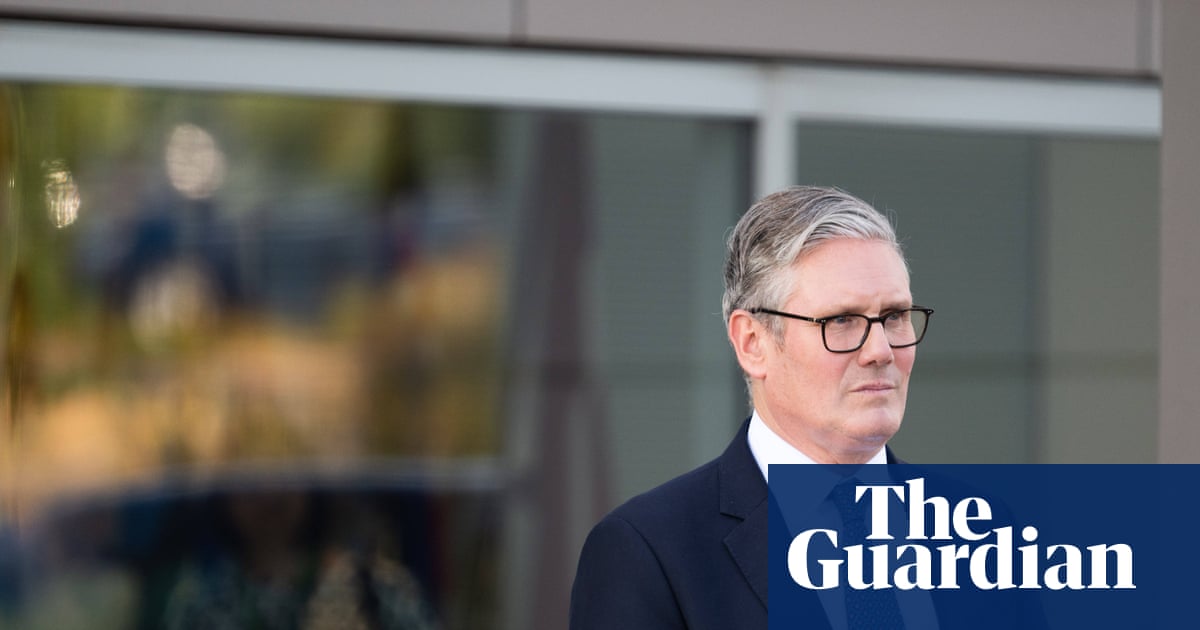
MPs and ministers urge Starmer to recognize Palestine

UK commits to recognizing Palestinian state at UN
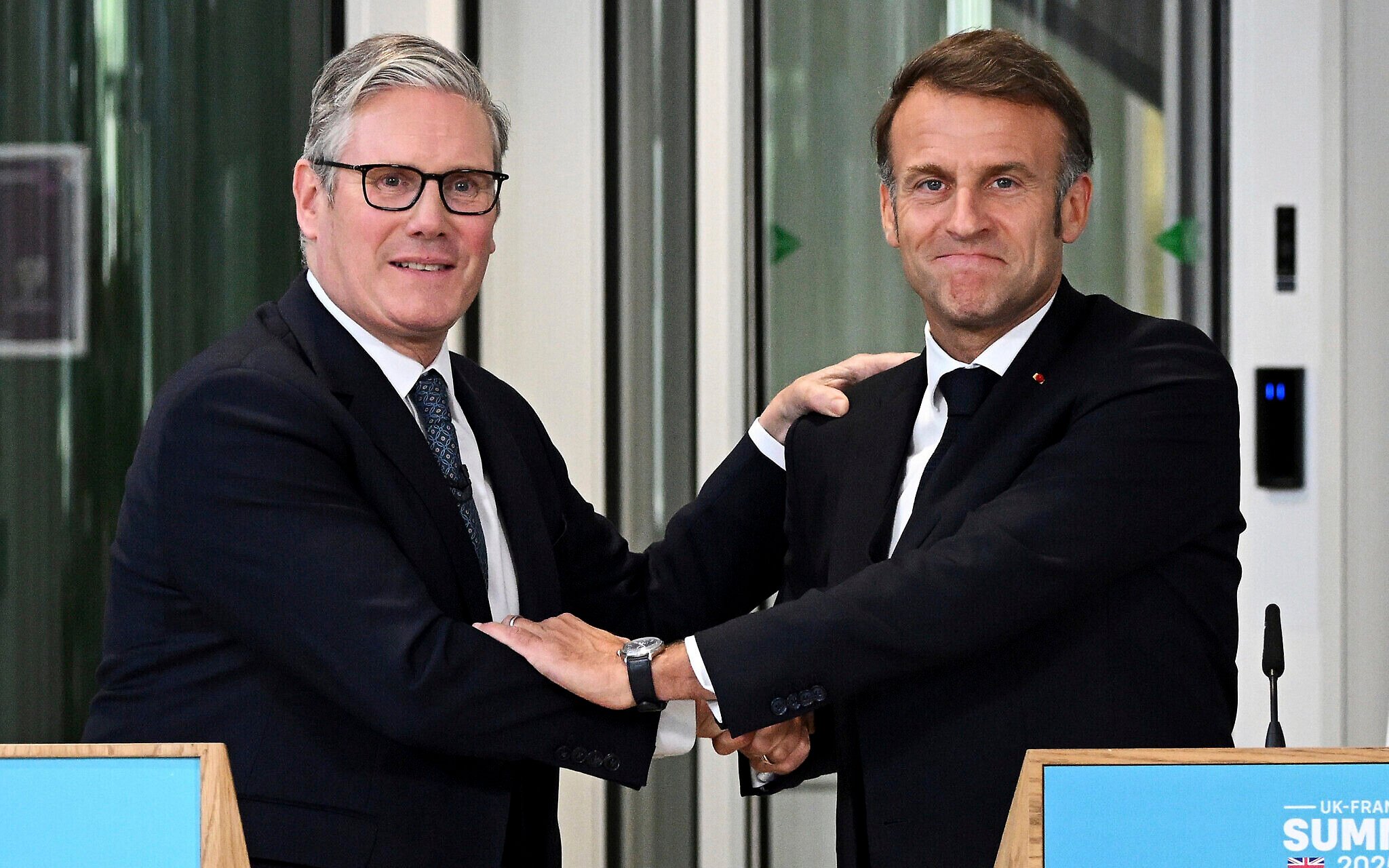
UK prioritizes strategic approach to Palestinian state recognition

Starmer under pressure to recognize Palestinian statehood
High-level U.N. meeting on Israel-Palestine begins this week
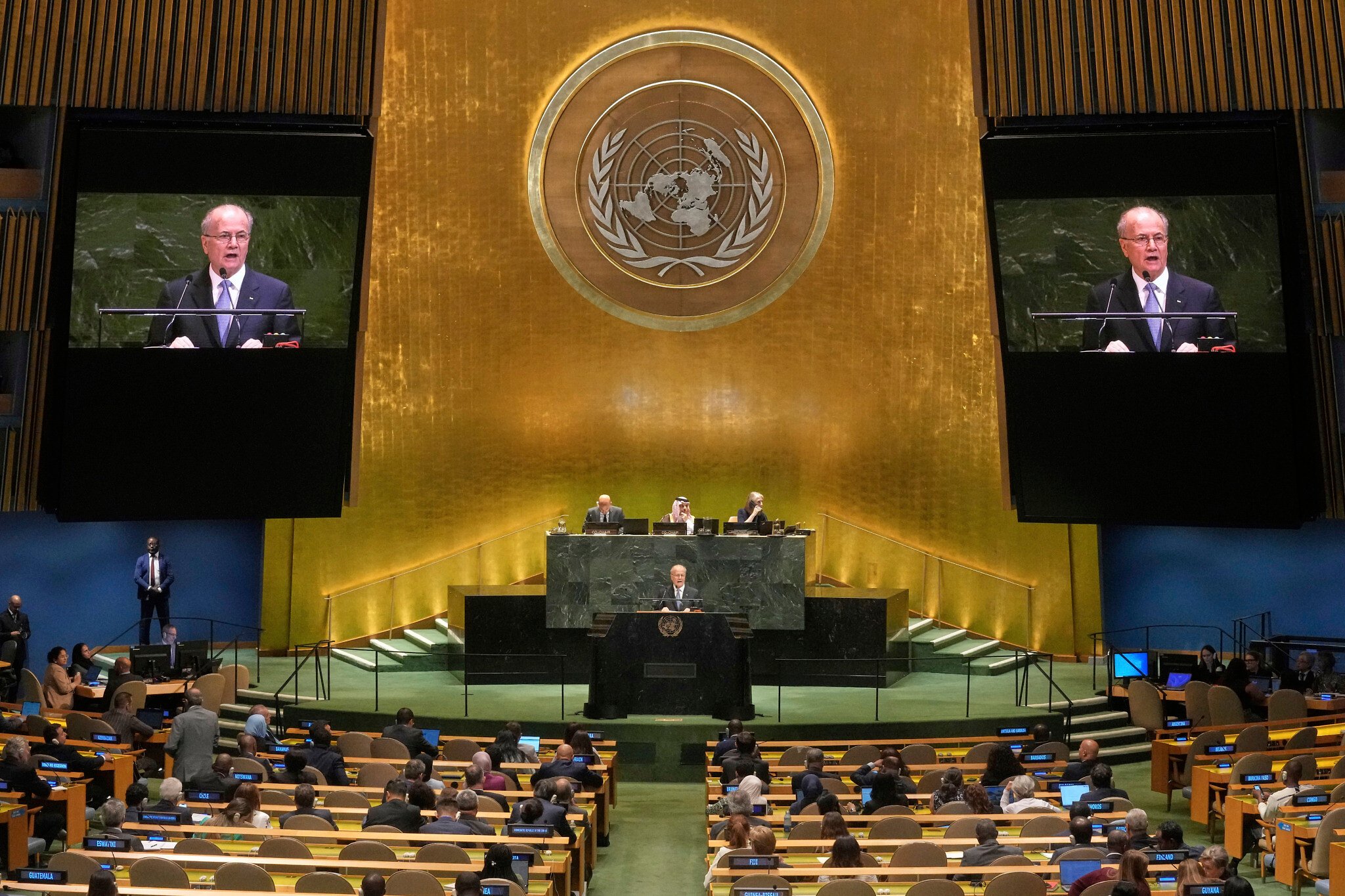
Arab League condemns Hamas and urges disarmament
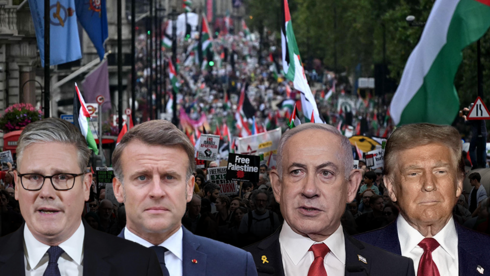
Global leaders call for Palestinian state recognition
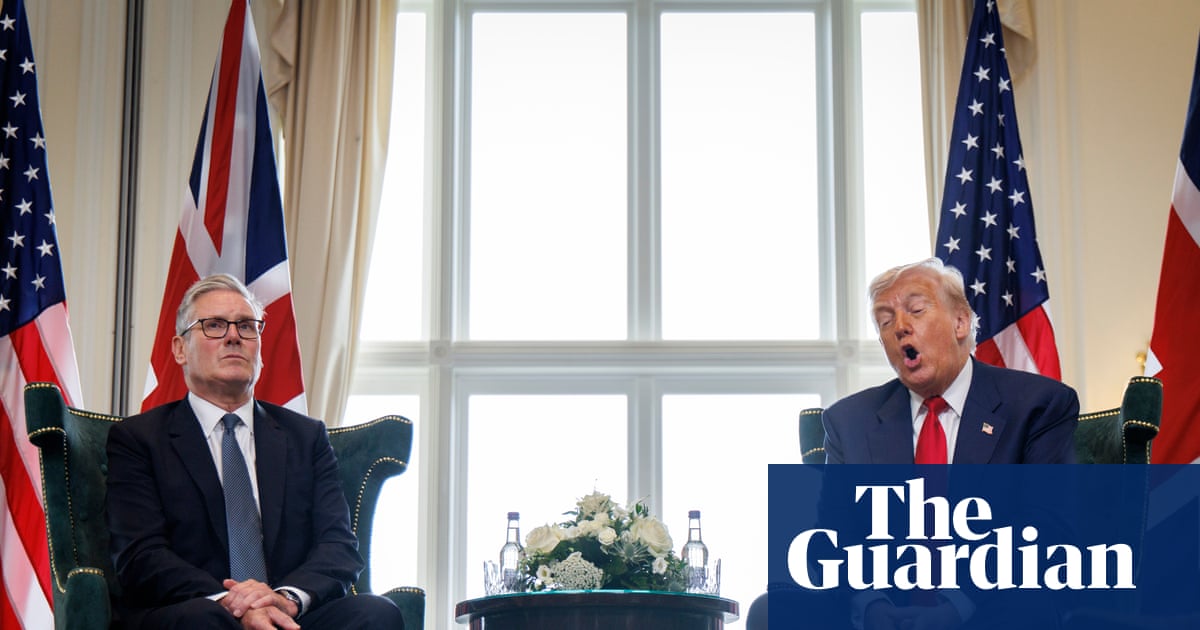
UK moves closer to recognizing Palestine in response to Gaza crisis
